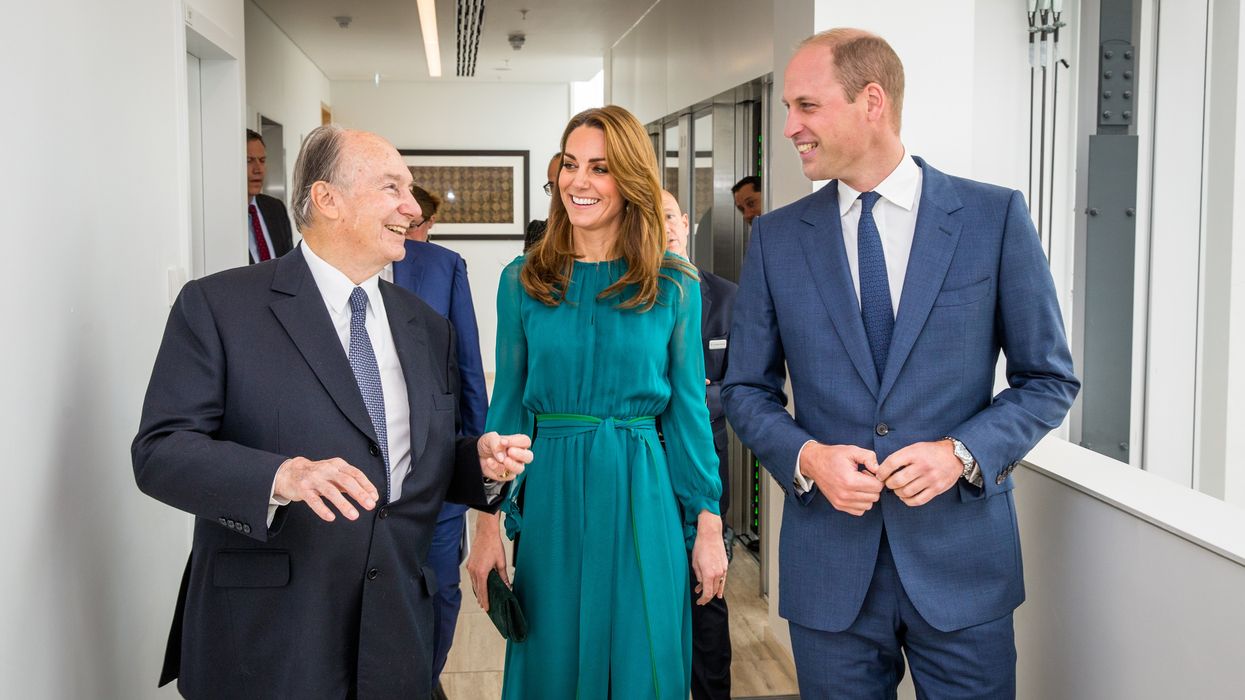The Bombay High Court has highlighted the need for India and its Parliament to be aware of international developments, where several countries have reduced the age of consent for adolescents to engage in consensual sexual relationships.
A single bench of Justice Bharati Dangre in an order passed on July 10 expressed concern over the increasing number of criminal cases under the Protection of Children from Sexual Offences (POCSO) Act.
The cases involved accused individuals facing charges even when the victims, who are adolescents, maintain that the relationship was consensual.
The court emphasised that sexual autonomy encompasses both the right to engage in wanted sexual activity and the right to be protected from unwanted sexual aggression.
It asserted that the recognition of both aspects of an adolescent's rights is essential for fully respecting human sexual dignity.
The remarks were made in connection with an appeal filed by a 25-year-old man challenging his conviction for raping a 17-year-old girl in a special court's February 2019 order.
Both the man and the girl claimed they were in a consensual relationship, with the girl stating that, under Muslim law, she was considered a major and had a 'Nikah' (Islamic marriage contract) with the accused man.
Justice Dangre quashed the conviction order and acquitted the man, stating that the evidence on record clearly supported a case of consensual sex.
The court emphasised the importance of distinguishing the age of consent from the age of marriage, as sexual acts can occur outside the confines of marriage.
It urged both society and the judicial system to recognise this crucial aspect. As a result, the man was ordered to be released from jail.
“Over the time, the age of consent has been increased by various statutes in India. It was maintained at 16 from 1940 till 2012, when the POCSO Act raised the age of consent to 18 years, probably one of the highest ages globally, as majority of the countries have set their age of consent in the range of 14 to 16 years,” the HC said.
It said in countries like Germany, Italy, Portugal and Hungary, children in the age group of 14 are considered capable of giving consent to sex. In London and Wales, the age of consent is 16 and in Japan it is 13, the court said.
Justice Dangre said the scenario which emerges is that a girl under the age of 18 is expected not to indulge herself in a sexual activity and even if she does so, being an active participant in the activity, her consent is immaterial and is no consent in the eyes of law.
“As a result of this scenario, even if a boy aged 20 indulges with a girl aged 17 years and 364 days, he would be found guilty of committing rape upon her despite the girl clearly admitting that she was equally involved in the act of sex. The minor is not considered to be capable enough to give valid consent in the eyes of law for entering consensual sex,” the HC said.
“A case of physical attraction or infatuation always comes forth, when a teenager enters into a sexual relationship and it is high time that our country is also cognizant of happenings around the world,” Justice Dangre said in the judgment.
In her statement, Justice Dangre emphasised the importance of the country being aware of global developments concerning the age of consent.
She highlighted the potential consequences faced by young boys who might be wrongly accused of committing rape on a minor girl, merely because she is below 18 years old but equally willing to participate in the act.
The judge expressed concern about the lasting impact such accusations could have on the accused, urging Parliament to consider this issue carefully, especially considering the increasing number of cases involving romantic relationships.
Justice Dangre pointed out that in cases where teenagers engage in impulsive sexual relationships with their peers of the opposite sex, only one person faces the consequences of being charged with rape, even though both individuals willingly participate in the act.
“A provision which does not take into consideration our societal realities and proceeds on an assumption that every sexual indulgence with a minor, irrespective of whether she was capable of being an equal participant in the act, has definitely created a situation, resulting in acquittal of the accused in cases of consensual sexual relationship, where the gap in the age of accused and that of victim is small,” the judgment said.
The court said the POCSO Act, though definitely intended to target sexual exploitation of children, however has created a grey area as it has resulted in criminalising consensual adolescence/ teenage relationships.
“Adolescence is a phase of transition during which major developments of sexuality take place, with puberty being marked as a major landmark in the journey of sexuality. It is during this period cognitive development takes place and it results into development of thinking and reasoning,” the court said.
The High Court, addressing the topic of adolescence, noted that during this period, individuals experience a heightened awareness of sexuality, leading to curiosity and exploration.
The court emphasised that sexual curiosity among adolescents may result in exposure to pornography, engagement in sexual activities, and an increased vulnerability to sexual abuse.
With the widespread availability of the internet, the court acknowledged the profound impact it can have on adolescents' minds. Coupled with their inquisitiveness about sex, physical attraction to the opposite sex, and infatuation, the court recognised the need for research and appropriate measures to moderate their behaviour in today's society.
The court asserted that while protecting all children from sexual violence is crucial, such protection should also allow young people to expand their horizons, make choices, and engage in necessary risk-taking without exposing them to inappropriate responses, harm, or danger.
A balanced approach is needed to address the complexities of youthful sexuality in the present context.
“The penal approach towards adolescents' sexuality has impacted their life to a barrier free access to sexual and reproductive health services,” the HC said.
The court highlighted that the criminalisation of romantic relationships has placed a heavy burden on the criminal justice system, requiring significant time and resources from the judiciary, police, and the child protection system.
To address this issue, the court emphasised the need to strike a balance between protecting the vulnerable class and allowing individuals who can make informed decisions to exercise their autonomy. Finding this equilibrium is deemed essential by the court.
(With inputs from PTI)




















Clifford had previously pleaded guilty to the murders of BBC sports commentator John Hunt’s wife and two daughters at their home in northwest of London, in July 2024. (Photo: Hertfordshire Police /Handout via REUTERS)
Crossbow murderer found guilty of raping ex-girlfriend
A 26-YEAR-OLD man who murdered three women in a crossbow and stabbing attack has been found guilty of raping one of them, his ex-girlfriend, a British court ruled on Thursday.
Kyle Clifford had previously pleaded guilty to the murders of BBC sports commentator John Hunt’s wife and two daughters at their home in Bushey, northwest of London, in July 2024.
The attack led to a manhunt before Clifford was found injured hours later in a north London cemetery.
A jury at Cambridge Crown Court on Thursday convicted Clifford of raping 25-year-old Louise Hunt before killing her.
His sentencing for all the crimes is scheduled for Tuesday.
Clifford had admitted to murdering Carol Hunt, 61, and her daughters Louise and Hannah, 28. He had also pleaded guilty to charges of false imprisonment and possessing offensive weapons but denied raping Louise.
During the trial, the court heard that after killing Carol Hunt, Clifford waited for an hour before attacking Louise, tying her up, raping her, and then killing her with a crossbow. He later killed Hannah when she returned home from work.
The prosecution described Clifford, a former soldier, as committing a "violent, sexual act of spite" and said he was "enraged" after Louise ended their 18-month relationship. They told the court that he had "carefully planned" the attack.
Less than 24 hours before the killings, Clifford had searched for a podcast by social media influencer Andrew Tate, according to the prosecution. They argued that the murders were driven by the "violent misogyny promoted" by Tate.
Justice Joel Bennathan called Clifford’s crimes "dreadful" and "almost unspeakable".
(With inputs from AFP)